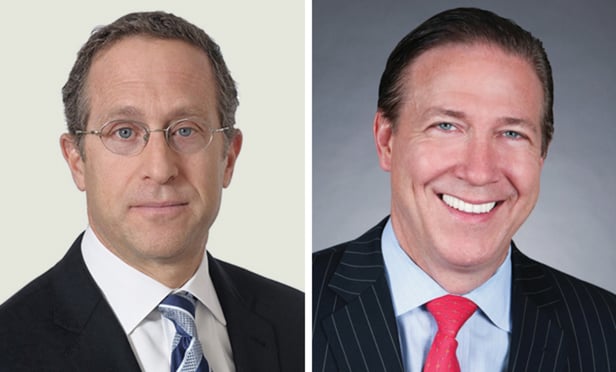Unlike most areas of American jurisprudence, the patent statute expressly permits district judges to shift fees in exceptional cases. “The court in exceptional cases may award reasonable attorney fees to the prevailing party.”1 These seemingly simple words have been the subject of more than one-half century of debate among practitioners and judges alike. What exactly makes a patent case exceptional, and how do you identify one?
Two recent decisions, both issued on the same day by a unanimous Supreme Court, should help clarify what sorts of patent cases may be considered “exceptional” for the purposes of fee-shifting under §285. In Octane Fitness, the Supreme Court rejected the Federal Circuit’s Brooks Furniture test for identifying exceptional cases under the statute and lowered the evidentiary standard for a movant’s showing from clear and convincing evidence to a preponderance of the evidence.2 In the second case, the Supreme Court rejected the Federal Circuit’s de novo review of district court judges’ decisions pursuant to the fee-shifting provision of the Patent Act, replacing it with the more typical review for abuse of discretion.3



